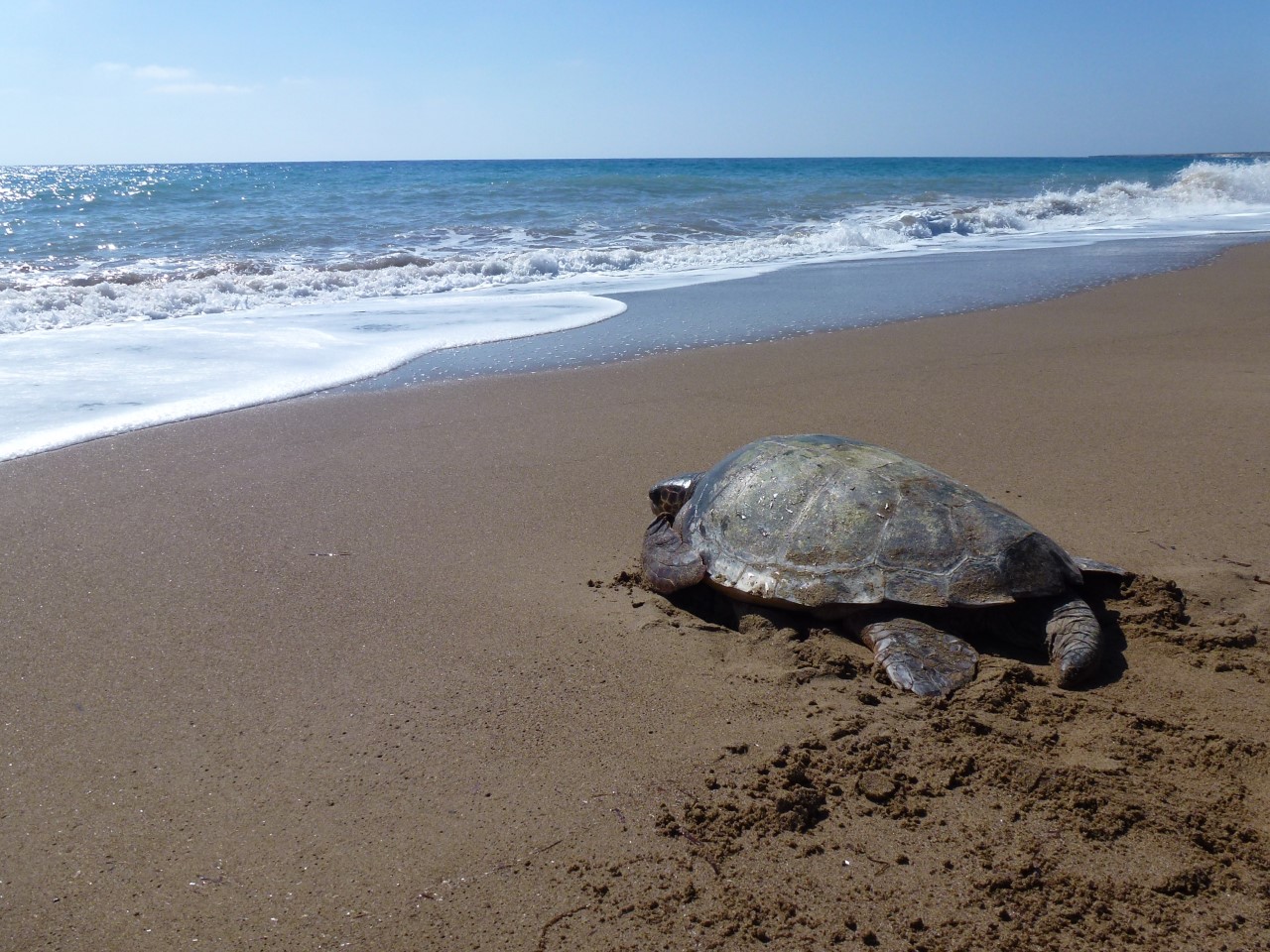News release
From:
Changes in mean body size in an expanding population of a threatened species
URL after publication: http://rspb.royalsocietypublishing.org/lookup/doi/10.1098/rspb.2022.0696
With some taxa, a reduction in the mean size of individuals may reflect over-harvesting and/or trophy hunting. However, we show that in sea turtles, a reduction in the mean size of breeding individuals may be part of the good news story of an expanding population. We describe a 70-fold increase in annual nest numbers on the island of Sal (Cape Verde, North Atlantic) between 2008-2020 (from 506 to 35,507 nests), making this now one of the largest loggerhead (Caretta caretta) nesting aggregations in the world. We use 20,128 measurements of the size of nesting turtles to show that their mean annual size has decreased by about 2.4 cm, from 83.2 to 80.8 cm.



 Australia; VIC
Australia; VIC



